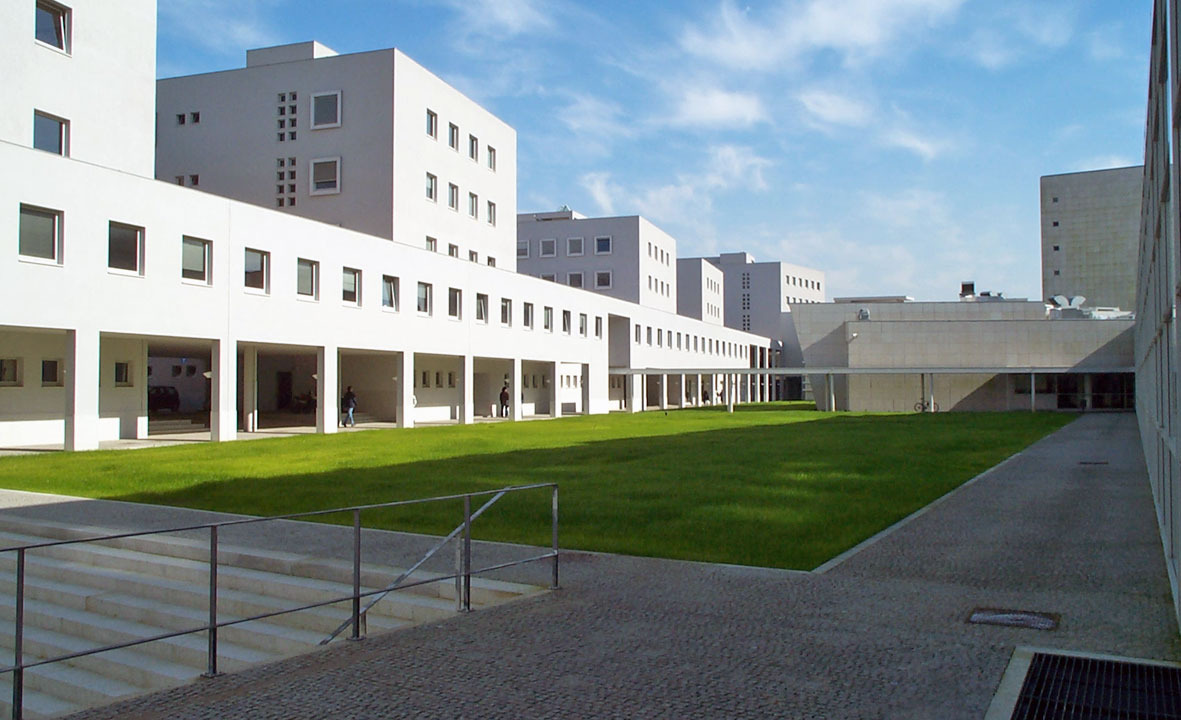The Faculty of Engineering of the University of Porto (FEUP) and EFACEC (the largest Group in the electric field financed by Portuguese capital) sold a patent to Dyesol (an Australian global leader company in solar cell technology) for 5 million euros.
Dyesol will use the laser-assisted glass frit sealing technology developed by FEUP and EFACEC to manufacture its glass substrate, solid-state DSC solar panels. This hermetic sealing protects the panel from oxygen and moisture, and is essential for durability.
Dyesol will pay 500,000 euros over a 15 month period during which the proprietary technology will be modified for use in perovskite based photovoltaics. A further payment schedule of €1.7 million over 24 months will be staged, based on the successful achievement of the final technical specifications, along with €2.8 million as royalty fee.
According to Adélio Mendes, a key driver of the research project at FEUP:
selling cutting-edge technology to international companies ables us to demonstrate our R&D ability to produce industrial value, and to easily attract new investment to other worthwhile projects.
For Alberto Barbosa, member of the Board of Directors of EFACEC, this was a case of a successful partnership between a company and the academic world. “EFACEC and FEUP identified the possibility of developing a disruptive technology, in a project that not only achieved the initial goals but also surpassed them.”
Dyesol intends to create demonstration prototype panels until 2016, and to start mass production in 2018. Ian Neal, president of Dyesol, is truly pleased with the acquisition of the technology:
Durability is the main technical challenge in this market. The technology has the potential to provide over 20 years of life to its DSC products, and will be an essential element for Dyesol’s entry strategy for both the PV and BIPV markets.
Cover photo credit: Manuel Padilha (FEUP)

